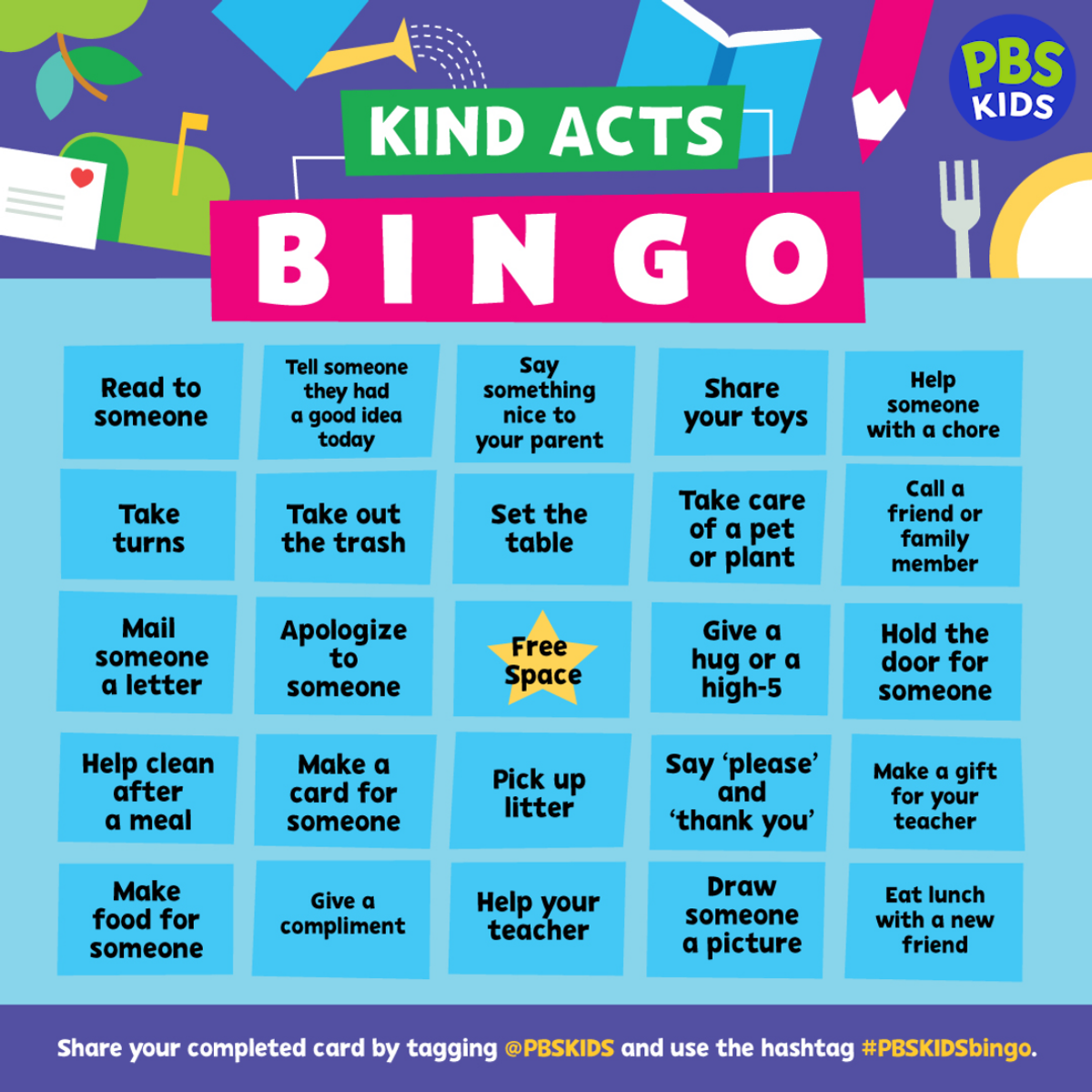Student Wellbeing
From the Assistant Principal- Mrs Bullen

Student Wellbeing
From the Assistant Principal- Mrs Bullen
Introducing, modelling and reinforcing positive social behaviour is an important component of all student’s education. Teaching behavioural expectations and rewarding students for following them is a much more positive approach than waiting for misbehaviour to occur before responding.
This week, we want to shine a spotlight on our school value: kindness, and the importance of kindness in our school community. Kindness is not just a buzzword; it's a fundamental aspect of human interaction that we aim to nurture in our students. In an increasingly complex world, teaching kindness is more important than ever.
Neuroscience supports the benefits of kindness
Research shows that kindness activates all sorts of good things in our brains both when we receive it and when we act on it. It releases our feel-good chemicals: dopamine, oxytocin and serotonin.
These positive endorphins also support the creation of new neural connections. Thanks to our neuroplasticity this means kindness can become a self-motivating habit.
The more acts of kindness we do, the easier it becomes. The frequency of our acts of kindness builds our momentum to keep doing good deeds. Kindness supports our emotional regulation. Acting and experiencing kindness also increases our immunity, creativity and resilience.
Why not plan some small things you could do to boost the happiness of someone as a way of keeping yourself strong, resilient and happy? It’s the gift that gives twice!
You don’t need a reason to be kind. Kindness is always a choice. The more you practice it, the more natural it becomes. Practice being kind each day for the next week by choosing 1-4 ideas from the lists below. Choose your level of kindness.


“No kind action ever stops with itself. A single act of kindness throws out roots in all directions, and the roots spring up to make new trees. The greatest work that kindness does to others is that it makes them kind themselves.”
-AMELIA EARHART